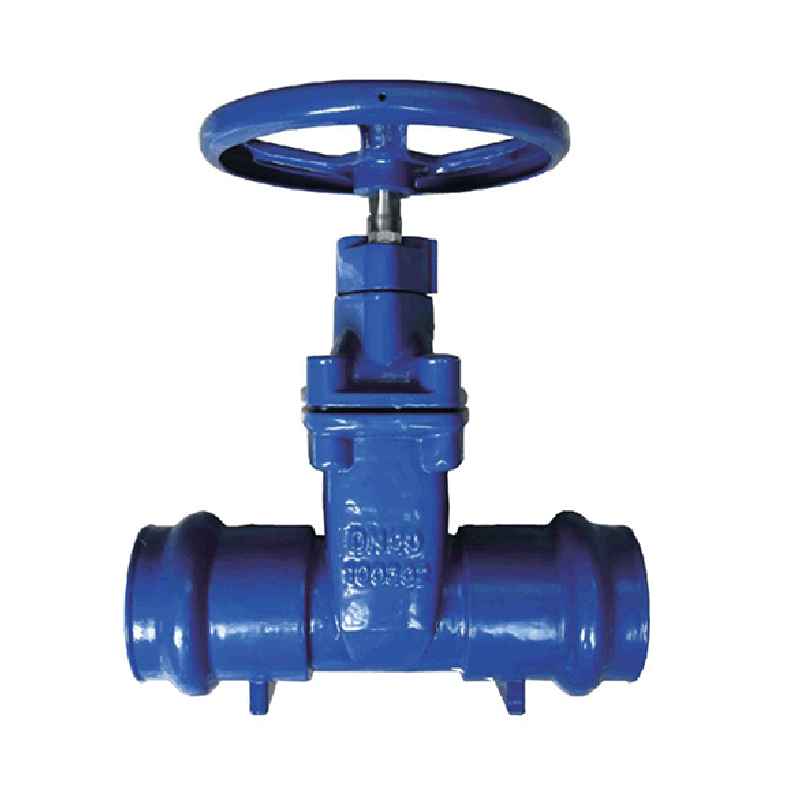វិច្ឆិកា . 28, 2024 15:38 Back to list
Industrial Ball Valve Applications and Benefits in Modern Infrastructure Systems
Industrial Ball Valves An Overview
When it comes to fluid control in industrial applications, ball valves are among the top choices for engineers and plant managers. Known for their reliability, durability, and straightforward design, industrial ball valves serve a critical role in various processes across different industries, including oil and gas, water treatment, chemical processing, and power generation.
What is an Industrial Ball Valve?
An industrial ball valve is a type of quarter-turn valve that uses a spherical disc—known as a ball—to stop or start the flow of fluid. The valve itself is relatively simple in design, consisting of a ball with a hole that allows fluid to pass through when aligned with the direction of flow. When the ball is rotated 90 degrees, the hole is perpendicular to the flow, effectively stopping the fluid from passing through.
Advantages of Industrial Ball Valves
1. Quick Operation One of the primary benefits of ball valves is their quick operation. A quarter turn is sufficient to open or close the valve, which is particularly advantageous in processes where fluid control must be enacted swiftly.
2. Low Pressure Drop Due to their design, ball valves provide a low resistance to flow. This means that they create a minimal pressure drop across the valve when fully open, contributing to overall process efficiency.
3. Durability and Longevity Industrial ball valves are designed to withstand high pressures and temperatures, making them suitable for a wide range of applications. Crafted from robust materials such as stainless steel, carbon steel, and brass, these valves exhibit excellent resistance to wear and corrosion, adding to their longevity.
4. Sealing Capability Ball valves provide a tight sealing capability, minimizing the risk of leaks. The design allows the ball to contact the seats tightly, ensuring a positive seal when closed. This is particularly crucial in applications dealing with hazardous or corrosive fluids.
5. Versatility These valves are incredibly versatile, accommodating various media types—gases, liquids, and slurries—across various temperature and pressure conditions. This adaptability makes them suitable for multiple industries.
Applications of Industrial Ball Valves
Industrial ball valves are employed in numerous applications
industrial ball valve

- Oil and Gas Industry They are used in both upstream and downstream operations for flow control, pressure regulation, and safety shut-offs. - Water Treatment Ball valves regulate the flow of water in treatment facilities, ensuring that water quality meets regulatory standards.
- Chemical Processing These valves handle aggressive fluids, controlling flow rates, and preventing leaks in industrial processes.
- Power Generation Ball valves are used in steam and thermal fluid systems, contributing to efficient operation and control.
Types of Industrial Ball Valves
There are a few notable types of ball valves that cater to different industrial needs
1. Floating Ball Valves In floating ball valves, the ball is not fixed but instead floats between the seats. The pressure from the fluid pushes the ball against the downstream seat for a tight seal, making these valves suitable for lower-pressure applications.
2. Trunnion Mounted Ball Valves These valves have a fixed ball that is supported by trunnions, which allow the ball to rotate. This design makes them ideal for high-pressure applications, accommodating larger sizes and higher volumes.
3. Full Port Ball Valves These valves have a larger bore that matches the pipeline diameter, ensuring minimal pressure drop and enabling easy cleaning or maintenance.
4. Reduced Port Ball Valves With a smaller bore, reduced port ball valves can cause higher pressure drops but are often used when space and weight are critical considerations.
Conclusion
Industrial ball valves are indispensable in fluid control applications, thanks to their robust design, easy operation, and excellent sealing capabilities. As industries continue to grow and evolve, the demand for efficient and reliable methods of flow regulation will keep ball valves at the forefront of technological innovations. Hence, understanding their benefits, types, and applications is essential for making informed decisions in industrial operations. Whether you're managing a water treatment facility or involved in chemical processing, embracing the reliability of industrial ball valves can lead to enhanced operational efficiency and safety.
Share
-
priming-a-pump-with-a-foot-valve-with-strainerNewsAug.23,2025
-
the-importance-of-a-y-strainer-in-pump-protectionNewsAug.23,2025
-
stainless-steel-ball-check-valve-for-high-purity-applicationsNewsAug.23,2025
-
common-applications-for-wafer-type-butterfly-valvesNewsAug.23,2025
-
seat-options-for-a-12-inch-knife-gate-valveNewsAug.23,2025
-
the-lifespan-of-a-typical-dismantling-jointNewsAug.23,2025


